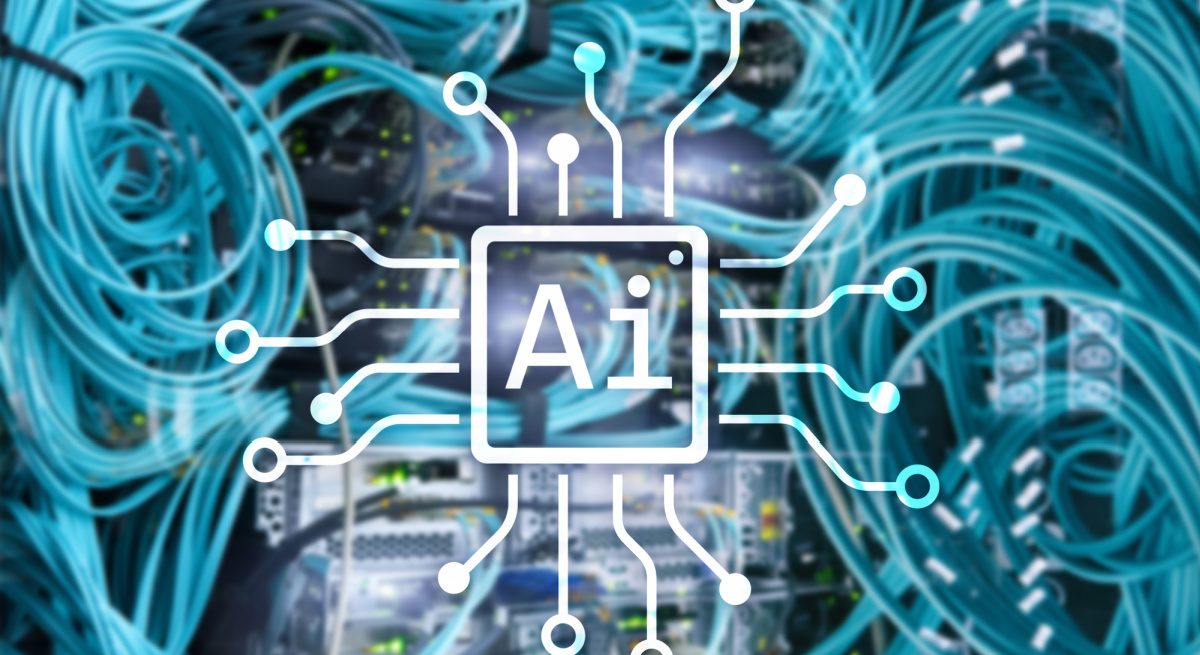Restaurant AI Is Evolving Rapidly
2 Min Read By Seshu Madabushi
Artificial Intelligence or AI has infiltrated every aspect of our lives and the restaurant industry is no exception. It may seem difficult to imagine the restaurant industry with AI because it focuses on individuality and the human touch, but it is already a reality. We'll look at what artificial intelligence is and how it's being used in three different areas of the restaurant industry: back of the house, front of the house, and marketing.
AI is the process of teaching computers how to "think," and it is created by humans so that computers can mimic or rather copy human behavior.
Let's start with the back of the house. Miso Robotics is a California-based company that specializes in AI-driven robotic solutions for the kitchen. The company's AI kitchen assistant, "Flippy," assists with grilling, frying, prepping, and plating. The software that controls the robot is integrated with sensors and cameras, allowing it to "see" the food it is assisting in the preparation…
Sorry, You've Reached Your Article Limit.
Register for free with our site to get unlimited articles.
Already registered? Sign in!


